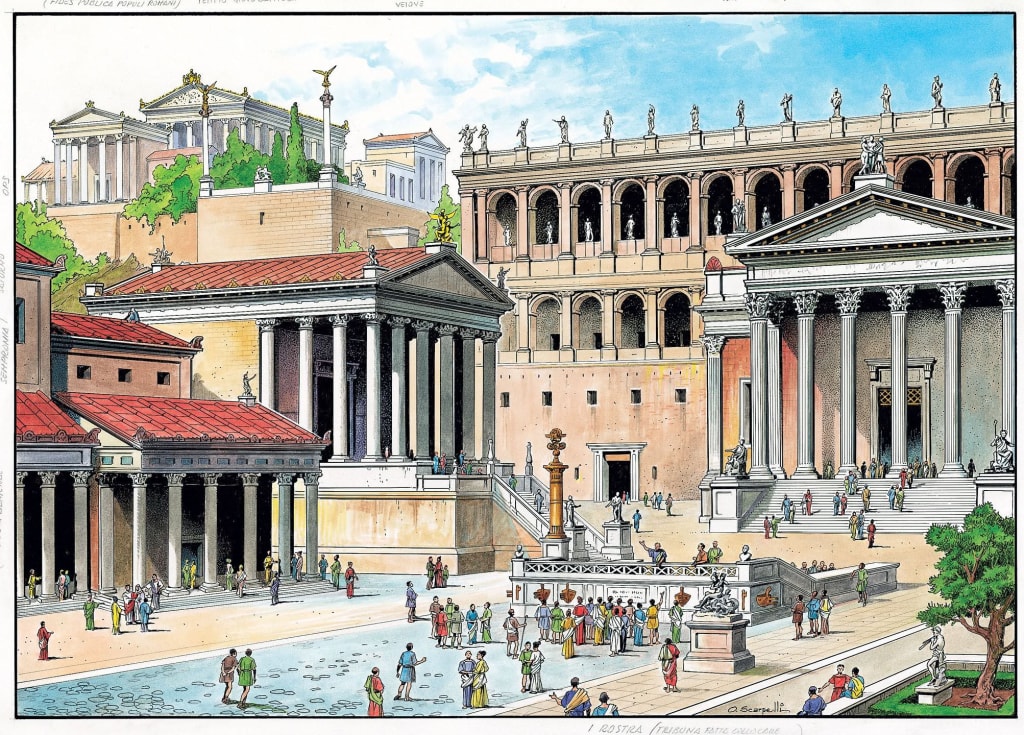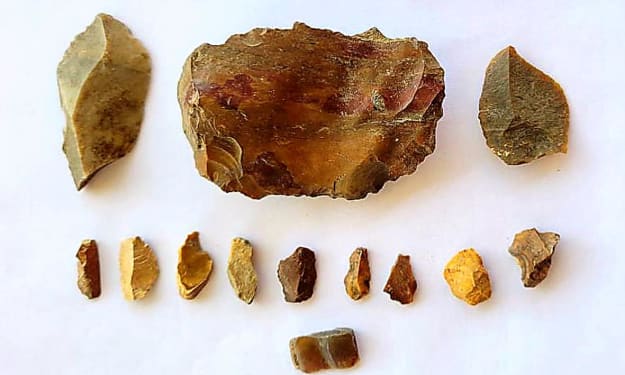Roman Forum: Heart of Ancient Rome's Civic and Cultural Life
History

The Roman Forum stands as an iconic symbol of civic life, political power, and cultural vibrancy in ancient Rome. This expansive plaza, situated in the heart of the city, served as the focal point for religious, political, social, and commercial activities throughout the Roman Republic and Empire. This article explores the origins, architectural features, historical significance, cultural impact, and enduring legacy of the Roman Forum.
Origins and Historical Context
The Roman Forum originated as a marketplace (Latin: "Forum Romanum") during the 7th century BCE, evolving over centuries into a bustling center of public life and governance. Initially a marshy valley between the Palatine and Capitoline Hills, it gradually transformed into the epicenter of Roman civilization, witnessing the rise and fall of emperors, the enactment of laws, and the shaping of Roman identity.
Architectural Features and Layout
The Roman Forum encompassed a variety of temples, basilicas, monuments, and government buildings, each contributing to its architectural splendor:
- Temple of Saturn: Dedicated to the god Saturn, this temple housed the state treasury (aerarium) and served as a symbol of Rome's wealth and prosperity.
- Basilica Julia: Constructed by Julius Caesar and completed by Emperor Augustus, the Basilica Julia was a grand judicial and business center where legal proceedings and commercial transactions took place.
- Arch of Septimius Severus: Commemorating military victories, this triumphal arch adorned the Forum's central thoroughfare, the Via Sacra, symbolizing imperial power and conquest.
- Curia Julia: The Senate House, where Roman senators deliberated on matters of state, reflecting the republic's governance structure.
- Rostra: A raised platform from which orators addressed the Roman people, playing a pivotal role in public speeches and political discourse.
Historical Significance and Cultural Impact
The Roman Forum was more than a physical space; it embodied the ideals, aspirations, and collective identity of Roman civilization:
- Political Center: As the nucleus of Roman politics, the Forum witnessed the development of republican institutions, debates over legislation, and the administration of justice. It was a venue for public assemblies (comitia) and elections, where citizens participated in democratic governance.
- Religious and Ritual Center: The Forum hosted numerous temples dedicated to gods and goddesses, such as the Temple of Vesta (goddess of hearth and home) and the Temple of Castor and Pollux (twin gods of protection). Religious ceremonies, sacrifices, and festivals were integral to daily life in ancient Rome.
- Social and Commercial Hub: Beyond governance and religion, the Forum was a bustling marketplace where merchants, artisans, and traders exchanged goods and services, fostering economic prosperity and cultural exchange.
- Cultural Patronage: Emperors and wealthy citizens sponsored the construction of grandiose monuments and public buildings in the Forum, showcasing their wealth, power, and civic pride.
Enduring Legacy and Modern Relevance
The Roman Forum's legacy transcends antiquity, resonating in contemporary understanding and appreciation of Roman civilization:
- Archaeological Treasure: Excavations and preservation efforts have uncovered archaeological treasures, revealing insights into Roman urban planning, engineering achievements, and artistic patronage.
- Cultural Heritage: The Roman Forum is a UNESCO World Heritage Site and a popular tourist destination, attracting millions of visitors annually who marvel at its historical significance and architectural splendor.
- Inspiration for Governance: The Forum continues to inspire discussions on civic engagement, democratic ideals, and the role of public spaces in fostering community and political discourse.
- Symbol of Roman Civilization: As a symbol of Roman ingenuity, cultural achievement, and political innovation, the Forum stands as a testament to the enduring legacy of ancient Rome's influence on Western civilization.
Conclusion
The Roman Forum epitomizes the essence of ancient Rome's civic life, cultural richness, and political dynamism. From its humble origins as a marketplace to its transformation into a monumental center of power and prestige, the Forum encapsulates the evolution of Roman society and governance. Its architectural grandeur, historical significance, and enduring legacy continue to captivate and inspire admiration for the achievements of one of history's greatest civilizations. As a testament to human creativity and societal organization, the Roman Forum remains a timeless testament to the enduring legacy of ancient Rome's influence on Western civilization.
About the Creator
Marveline Merab
“History never repeats itself. Man always does.”
― Voltaire
Enjoyed the story? Support the Creator.
Subscribe for free to receive all their stories in your feed. You could also pledge your support or give them a one-off tip, letting them know you appreciate their work.






Comments
There are no comments for this story
Be the first to respond and start the conversation.